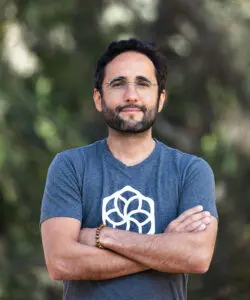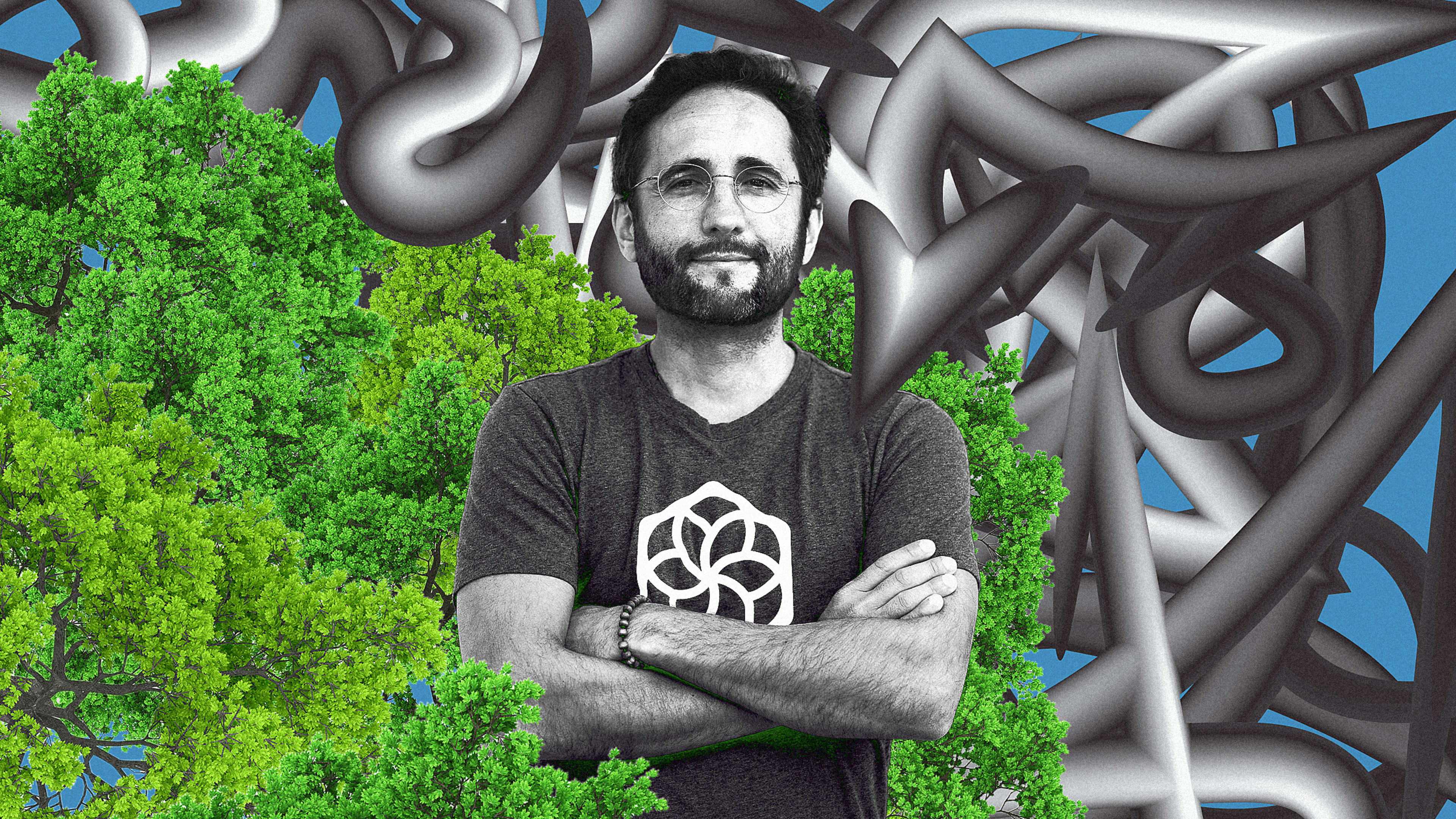But tracking the effectiveness of these offsetting forestry projects can be a challenge: It’s traditionally been a labor-intensive, manual process, without a lot of transparency. And there have been prominent reports over the past year of carbon offsets being sold to protect land that isn’t actually threatened and of projects overestimating how much carbon they’re sequestering.
On this week’s Most Innovative Companies podcast, Diego Saez Gil, cofounder and CEO of the year-old offset startup Pachama talks about how his company uses leading-edge technology, including satellite images and AI, to measure changes to forest cover around the globe—and to ensure the quality of the carbon credits sold on its platform. Its customers now include Shopify, Microsoft, Gitlab, and the Latin American e-commerce giant Mercado Libre. Fast Company recognized Pachama as one of the world’s Most Innovative Companies in artificial intelligence in 2021.

The company trains algorithms to correlate features of a satellite images, such as the greenness of the trees, with carbon sequestration. It also uses lidar technology to understand how the height of trees is associated with carbon measurements. With enough of such data, says Saez Gil, an algorithm can predict how much carbon is being sequestered when it “sees,” for example, a certain level of greenness in a certain type of forest. Pachama is experimenting with other technologies, including drones and on-the-ground sensors, to refine its measurements and even begin understanding the concentration of biodiversity in its forestry projects, not just their potential for carbon sequestration.
Saez Gil acknowledges that the market for carbon offsets is still developing–and that certain forestry projects have overestimated their climate benefits, as recent reports have shown. But, he insists, the majority of these issues are the result of “good actors with good intentions that just lacked the data or misunderstood protocols.” He says new technologies, like the ones Pachama deploys, can help ensure the “integrity, transparency, and accountability” of forest-sequestration projects. “If we don’t fund the conservation and restoration of nature, it’s going to be way harder to mitigate climate change,” he says.
Before Pachama, Saez Gil founded the smart luggage company, Bluesmart, in 2015, which pioneered the idea of embedding tracking devices in suitcases. Two years later airlines began imposing restrictions on smart luggage due to the fire risk of lithium ion batteries: They required passengers to remove such batteries from any checked bags. Bluesmart’s, however, were non-removable.
“It was a black swan event for a startup,” says Saez Gil, who ended up shutting down the company and selling its IP. But he emerged with a valuable perspective that has helped steer Pachama to success: “It is important to move fast on experimentation and on learning from customers and the market, but it’s also important to move slow on things that can have policy implications [and] to think long-term.”
You can listen and subscribe to Most Innovative Companies on Apple Podcasts, Stitcher, Spotify, or wherever you get your podcasts.
Recognize your brand’s excellence by applying to this year’s Brands That Matter Awards before the final deadline, June 7.
Sign up for Brands That Matter notifications here.
